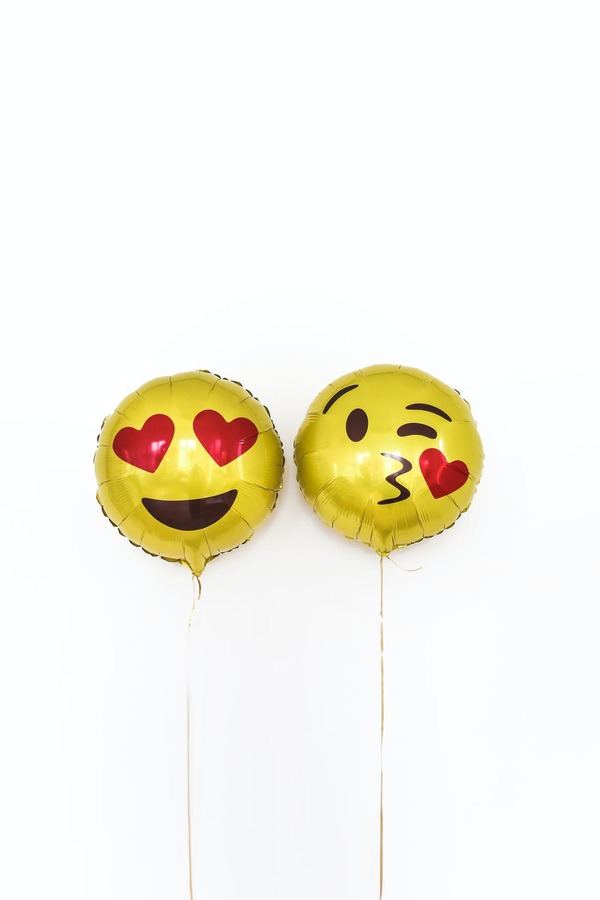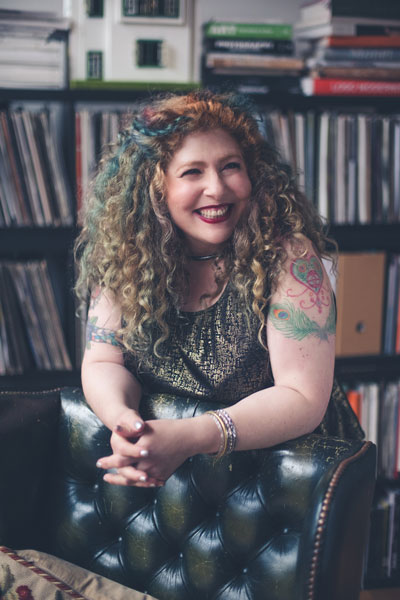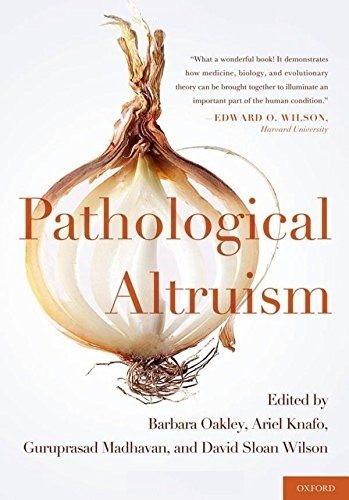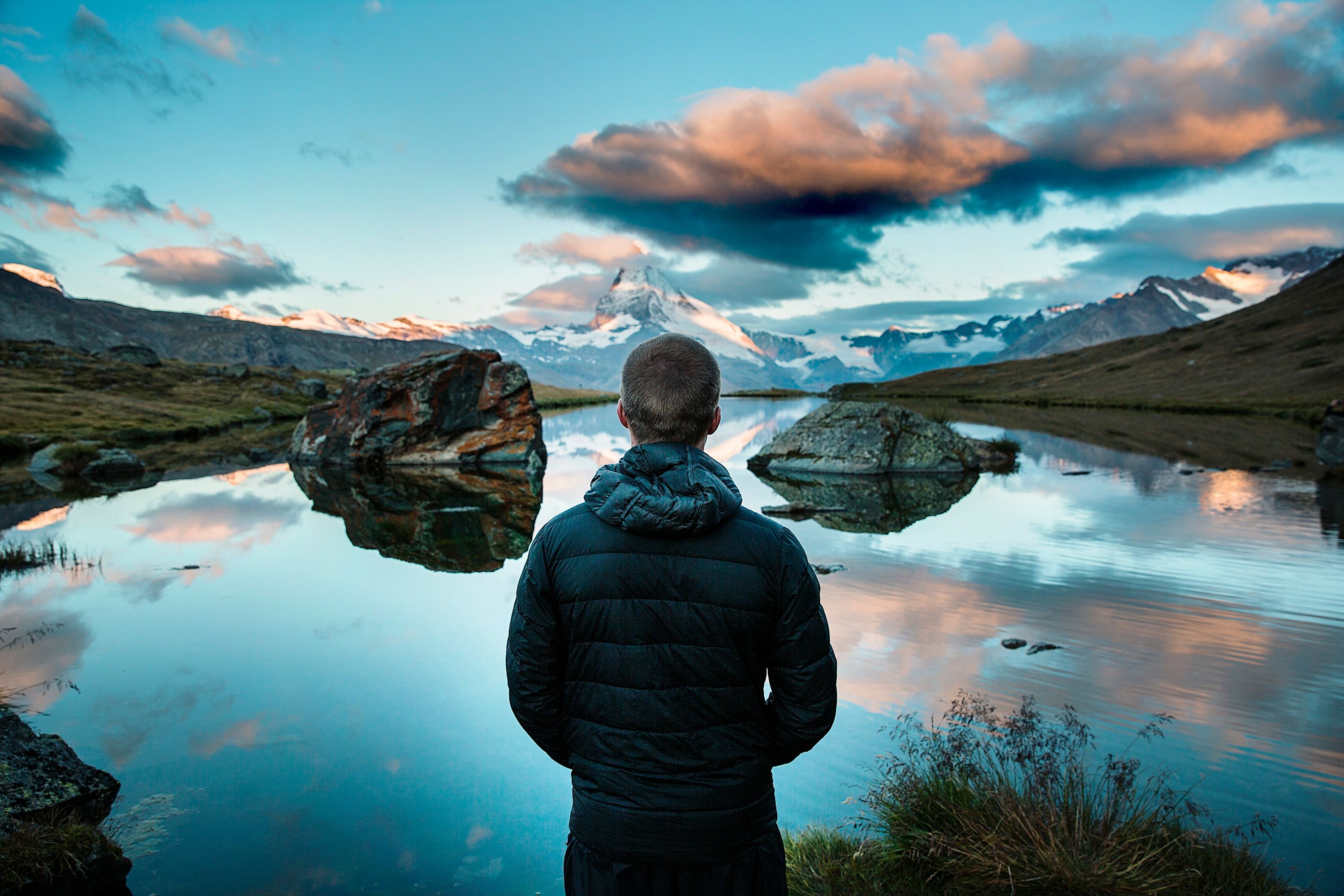One of the things I have been called many times is “selfish”. A lot of the time that word has come from within myself as well as from others. When I hear it, I am often reminded of a line I read once and which, sadly, I do not know who to attribute to (do let me know if you know where it has come from!). It went: “There are two ways to control a woman. One: tell her she is fat. Two: tell her she is selfish.”
Self-care is seen as selfish because self-care is about yourself. You. How does the idea of self-care make you feel? What associations do you make with those words?
I know how it makes me feel: lazy, greedy and extremely selfish. I think selfishness is a useful stick for society to beat us with when we are not working or consuming, as well as a useful one to beat each other with when we see behaviour that makes us feel uncomfortable. Many psychologists have noted the ease with which we conflate self with selfishness. Abraham Maslow mentions it in the first few pages of Towards a Psychology of Being and Erich Fromm talks about it in depth in The Art of Loving and other works.
Self-care is still the radical act that Audre Lorde defined it as, over 30 years ago. Conscious Self-Care (an intentional way of addressing your own need – more on my understanding of this here) is, I believe, the first step towards becoming more self-determined, and also the first step on the path towards what Maslow called “self-actualising” but which we now might just call the journey of self-acceptance and self-assertiveness.
One could argue that this conflation of selfishness with self-care is based on a 3,000-plus-year-old set of patriarchal and social systems that sees people as mere fodder for the fields, grist for the mill, powering the industrial machine as well as needing to be ever-increasing consumers of its products. It suits too few businesses to have people who believe that their needs are important. What would people like that buy? Not much. How easy would it be to tell these people what to do? Not very. And yet, this mechanical-industrial-patriarchal system and the beliefs it propagates to support itself has been the dominant force in our culture and society for so long that too many of us accept it unthinkingly, the way we accept the air that we breathe. It also suits some people very well, and those people have a vested interest in working very hard to maintain this status quo.
I believe that messages about the importance of conscious self-care and self-awareness have been obscured and subverted by dominant patriarchal and materialistic forces precisely because they are the only messages that will make any difference. For me, as a woman and a mother, being alive in Western European society right now is like being sold, for a huge fee and on a daily basis, the cure for an illness by the very person that made you sick. Accepting yourself as you are is a powerful act in a society which prefers you to feel unacceptable and in need of ‘fixing’ and which will happily sell you the means to do this.
To start Conscious Self-Care, I believe that we all need:
• An amount of sleep that leaves you feeling rested.
• Enough water and nutritious food that leaves you feeling well.
If these things are not mostly in place for you at this moment then they are the things to focus on first. Little else can be addressed in the absence of chronic tiredness or when you are in a cycle of eating habits that do not nourish you and your body. For they are one and the same thing. Consider the Zen idea of “When you are tired, rest. When you are hungry, eat brown rice”.
We then have to learn, remember and act upon the details of a framework of self-care that works best for us at this moment. I’ve found that this is a dynamic process by and through which I have created a tool box: a collection of actions that I know I can fall back on when I need self-care. For me these are journalling, fiction and non-fiction writing, walking, meditation and reading. I also drink lots and lots of water and try to really focus on what’s happening in my body, to feel where the feelings are and to listen and figure out whether they are based on things that are happening now or if they are feelings based on how I am thinking about certain things.
We also have to learn the difference between needing a rest and wanting a rest. We have to learn to see beyond our ego impulses and fears and to focus on what our mind and body actually needs and how that might be very different to our egoic/limbic wants and desires. Knowing the difference between helpful and harmful ‘should’s is a start.
Almost all psychological inquiry into being and humanness, from before and after Maslow, has emphasised the vital nature of clearly seeing and knowing the self. The crucial need to really understand the unique oneness as well as shared and universal experience of the self. This is all too often seen as self-absorption when, in truth, it is a key part of developing a more positive relationships with the world around us.
Once the basics of Conscious Self-Care are in place, the process of becoming more self-determined can begin. And, if you thought you were being called selfish a lot before, wait until you start actually asserting your right and will to live the life you want to live for yourself and taking responsibility for your actions and values.
What people call selfish are, all too often, acts of self-determination which do not meet the expectations that were had of that person.
Being self-determined is related to the idea mentioned earlier about the journey towards self-acceptance and self-assertiveness. It’s about the actions we take that assert the unique way in which we are in the world right now, with no need to justify, explain or excuse ourselves. This is, to me, what life is for and about: the evolving and dynamic process of being and becoming who you are meant to be in the world via an ongoing process of self-awareness, self-care, self-assertiveness and self-responsibility. It’s a journey I’m on and one which I’m happy to support you in taking too.
If you would like to discuss these ideas further, get in touch: anita.cassidy@alethya.com
Further reading
This post is part of a short series on self-care and self determination. Read my introduction to conscious self-care on this site and my post on sugar and self-power here.
I will be writing further on self-determination so sign up to my mailing list or follow me on Twitter (@anitacassidy76) or LinkedIn (Anita Cassidy) to read more.
- Seth Godin on the lizard brain: https://seths.blog/2010/01/quieting-the-lizard-brain/
- Paul Mason on Post-capitalism: http://www.newstatesman.com/politics/2016/09/new-times-paul-mason-why-left-must-be-ready-cause-commotion
‘It’s about tolerating difference, about kindness and restraint. It values arguments based on evidence more than emotion. It accepts the ‘weak ties’ sociologists observe in the post-proletarian workforce and builds out of them a social life based on networks, not hierarchies.
‘It accepts, in a way our grandfathers would have found hypocritical and intolerable, the self as the centre of the world: it understands work on the self as a contribution to collectivity – because if we all have better, less angry, more educated selves, the society we build will cohere without any need for rigid hierarchies. And its concept of human liberation is based more on freedom than on economic well-being.’ – Paul Mason




















